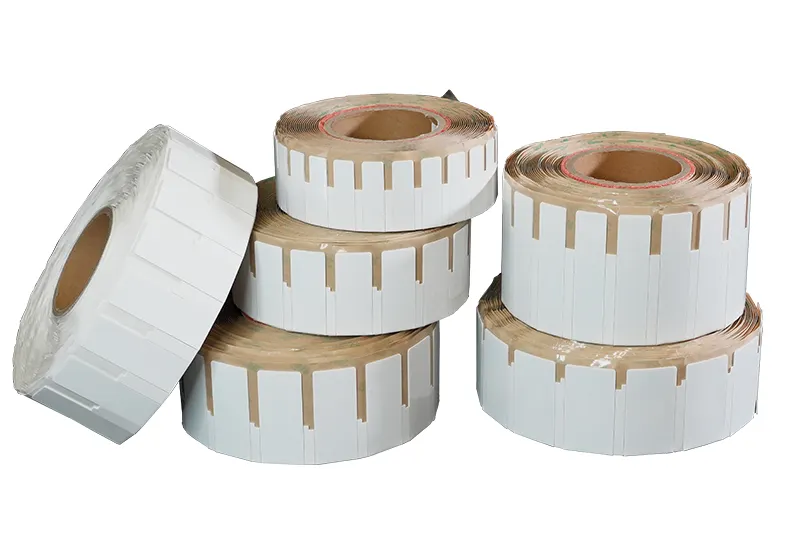In today's dynamic world of technology and logistics, RFID (Radio Frequency Identification) solutions have continuously evolved to meet diverse operational challenges. Among these advancements, RFID Flexible Anti-Metal Tags stand out as a versatile and efficient tool for asset tracking and management in complex environments. These tags, designed to overcome the limitations posed by metal surfaces, offer unprecedented flexibility and reliability across various industries, from manufacturing and construction to healthcare and beyond.
RFID Flexible Anti-Metal Tags are engineered with specialized materials and antenna designs that enable them to operate effectively even when attached to or near metal surfaces. This capability addresses a longstanding issue in RFID technology, where traditional tags may fail or experience reduced performance when placed on metal objects due to interference with radio waves. By utilizing innovative engineering solutions, these tags ensure consistent and accurate data capture, making them indispensable for inventory control, equipment tracking, and supply chain optimization.
In manufacturing and industrial settings, where metal components and machinery are ubiquitous, RFID Flexible Anti-Metal Tags facilitate seamless inventory management and asset tracking. These tags can be affixed to tools, machinery, and components, enabling real-time visibility and monitoring throughout the production process. By automating data capture and minimizing manual input, manufacturers can improve efficiency, reduce errors, and streamline operations, ultimately enhancing productivity and competitiveness.
Furthermore, RFID Flexible Anti-Metal Tags play a crucial role in construction and infrastructure projects. Often conducted in challenging environments with heavy use of metal materials, such as steel beams and concrete structures, these tags enable accurate tracking of construction materials, equipment, and tools. Project managers can monitor inventory levels, track asset utilization, and ensure timely delivery of materials, thus optimizing project timelines and budget management.
In healthcare environments, where asset tracking and patient safety are paramount, RFID Flexible Anti-Metal Tags offer significant advantages. Medical equipment, often made of metal, can be efficiently tagged and monitored to ensure availability and prevent loss. Hospitals and healthcare facilities benefit from improved asset utilization, reduced operational costs, and enhanced patient care through the timely availability of critical equipment and supplies.
Moreover, RFID Flexible Anti-Metal Tags support sustainability initiatives by enabling efficient resource management and reducing waste. By accurately tracking assets and inventory, organizations can minimize overstocking, optimize storage space, and decrease the environmental footprint associated with excess inventory and inefficient logistics practices.
Looking ahead, the evolution of RFID technology continues to expand the capabilities of Flexible Anti-Metal Tags. Future innovations may include enhanced read ranges, improved durability, and integration with Internet of Things (IoT) platforms for even greater connectivity and data analytics capabilities. These advancements will further empower industries to achieve operational excellence, enhance supply chain resilience, and meet the growing demands of a digital economy.
In conclusion, RFID Flexible Anti-Metal Tags represent a pivotal advancement in RFID technology, offering robust solutions for asset tracking and management in challenging environments. As industries embrace digital transformation and seek more efficient and sustainable operational practices, these tags will continue to play a crucial role in driving innovation, productivity, and competitiveness across global markets.

